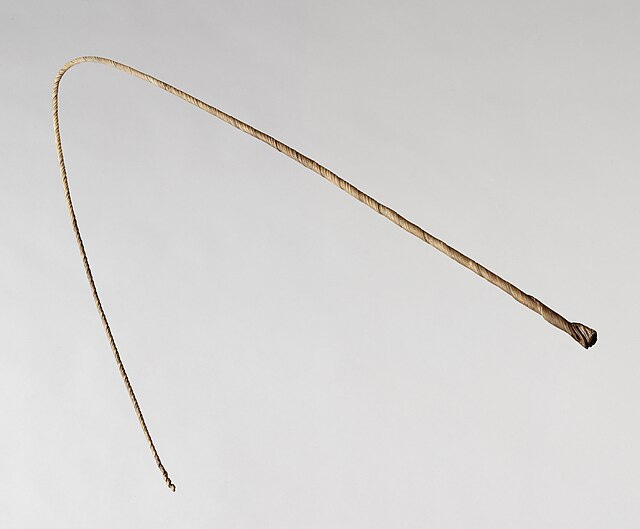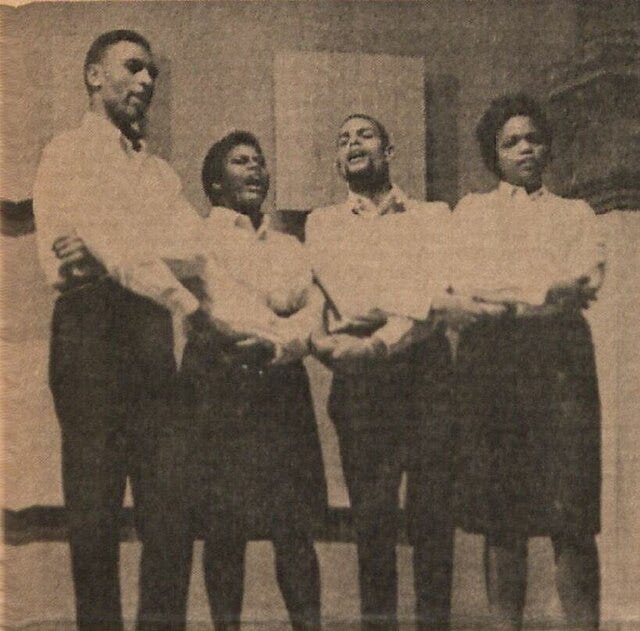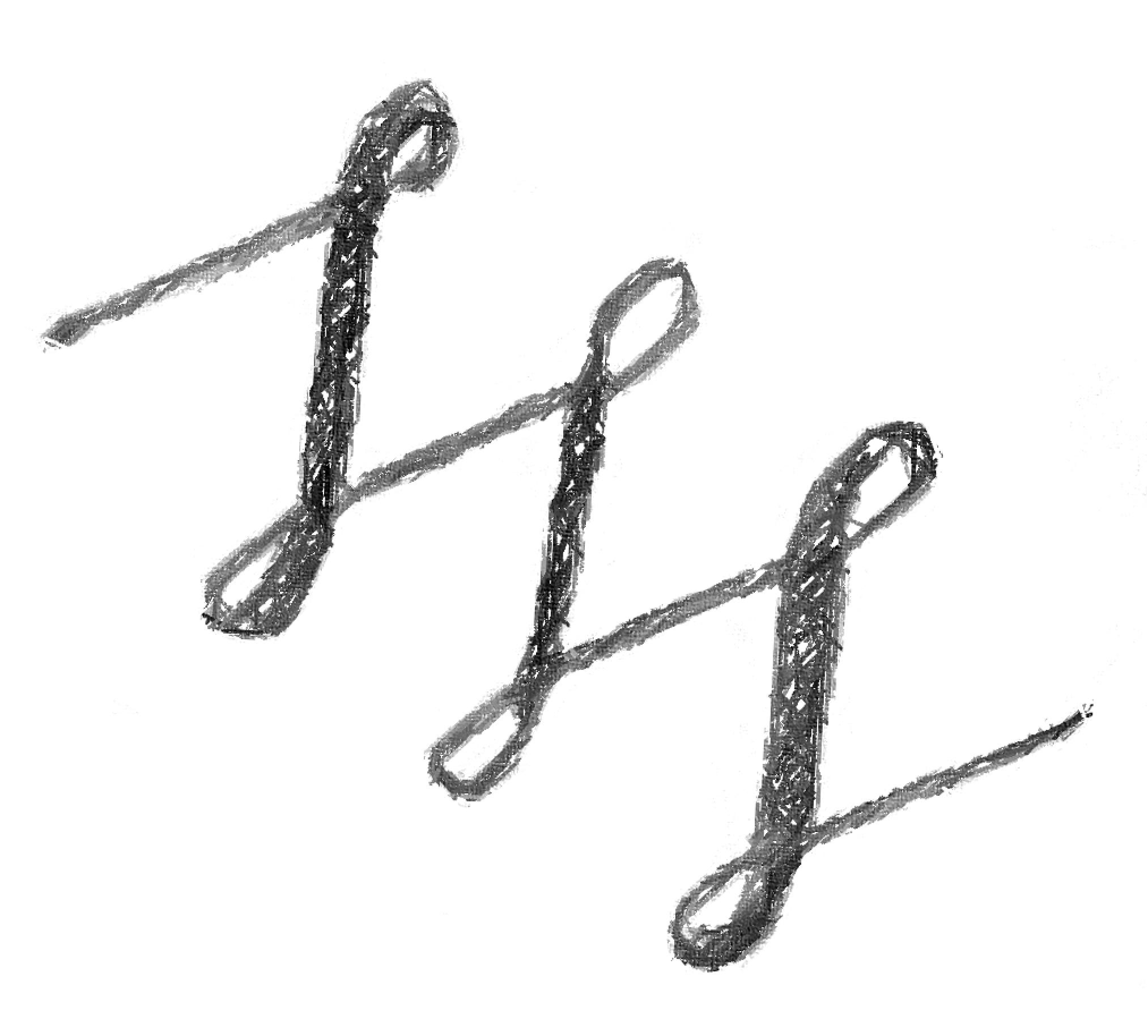Hi all,
Thank you for joining me for today’s song, “We Shall Overcome”. If you’d like to hear the song before you read about it, I’ve included several YouTube versions below the article. Comments and questions are welcome. For Japanese students, vocabulary words in bold are provided in Japanese below. TOEFL (PBT) 450+, Eiken 2, CEFR B1.
A Short History of the Song
(585 words)
Overcome (v.) to succeed in dealing with a difficult problem; to win against someone that is strong
Many people around the world have heard the song for today, We Shall Overcome, but few know its long history.
The song may have started in the late 1700s. The song might have originally been an Italian folk song. There is also an Italian song, O Sanctissima, which was sung in the Catholic church.
During the U.S. Civil War (1861-1865), African American soldiers sang the song as No More Auction Block for Me. An auction block is the place where slaves were sold to the person who would pay the highest price. However, both Union (Northern) and Confederate (Southern) army bands played the song. Later on, in 1915, the Fisk Jubilee Singers sang it as Many Thousand Gone.
No more auction block for me (No more, no more) / Many thousands gone
No more pint of salt for me “Salt” refers to the lack of food that the slaves had to eat.
No more driver's lash for me The “driver” was the man who held the whip (lash) and hit the slaves if they weren’t working fast or hard enough.
The song had an impact on Bob Dylan as well. He credits No More Auction Block for Me as the inspiration for Blowin’ in the Wind.
There are many gospel hymns that include phrases such as “I’ll overcome”. The lyrics to one example was written by Reverend Charles Albert Tindley: I’ll overcome some day / if in my heart I do not yield, and these words are quite similar to those of We Shall Overcome.
In 1961, Rev. Gary Davis recorded “I’ll Be All Right Some Day” which included the lyrics I'll be alright, I'll be alright / I'll be alright some day / And in my heart, I do believe / That I'll be alright some day
In the 1940s, there was a place where people learned folks songs. It was called the Highlander Folk School, located in Tennessee. Zilphia Horton was one of the people who started the school. She heard the song I Will Overcome at a strike of African American tobacco workers. She taught it to Pete Seeger. He, along with others, changed the I to We to show that people were working together to make changes in society. The song became a popular song in the labor movement.
Shortly after this, more and more people joined the movement for civil rights. People knew or learned the song during this time. The will was changed to shall, perhaps to make it easier to sing. In the 1960s, members of the Student Nonviolent Coordinating Committee formed the Freedom Singers who performed the song at mass meetings and at churches.
Rev. Martin Luther King, Jr. said, “The freedom songs are the soul of the movement.” Without a soul, the heart stops beating. That’s how important these songs were.
We shall overcome…
We'll walk hand in hand…
We shall live in peace…
We shall brothers be…
The truth shall make us free…
We are not afraid, we are not afraid
We are not afraid today
Oh, deep in my heart, I do believe
That we shall overcome some day
If you think that these songs are just about things that happened long, long ago, you might be surprised to know that many of them are still being sung. Here, exactly 8 years ago today, on 23 June 2016, members of the U.S. House of Representatives sang We Shall Overcome to demand gun control laws.
Question
How important is music in your life?
Vocabulary
overcome 克服する
slave 奴隷
have an impact on 影響する
to credit X Xのおかげで
hymn 賛美歌
reverend 牧師
yield 屈する
mass meeting 大衆集会
members of the House of Representatives 衆議院議員
No More Auction Block (Paul Robeson)
I’ll Be All Right Some Day (Reverend Gary Davis)
We Shall Overcome (Pete Seeger)
We Shall Overcome (The Freedom Singers)
Sources
Bobetsky, V. V. (2015). We Shall Overcome: Essays on a great American song. Rowman & Littlefield.
Denisoff, R. S., & Peterson, R. A. (1972). The sounds of social change: Studies in popular culture. Rand McNally.
Pratt, R. (1990). Rhythm and resistance: The political uses of American popular music. Smithsonian Institution Press.








I must have listened to that song on Dylan’s Bootleg series a hundred times or more and never knew it’s origins! Thank you for this Louise, I love what you do here, so often I know the song but have no idea what it’s lyrics are based on! X
Hi Louise.
Thanks for posting!
I've sung this song at rallies, and it's so easy to adapt to whatever issue people are protesting.
I had no idea it had such deep roots.